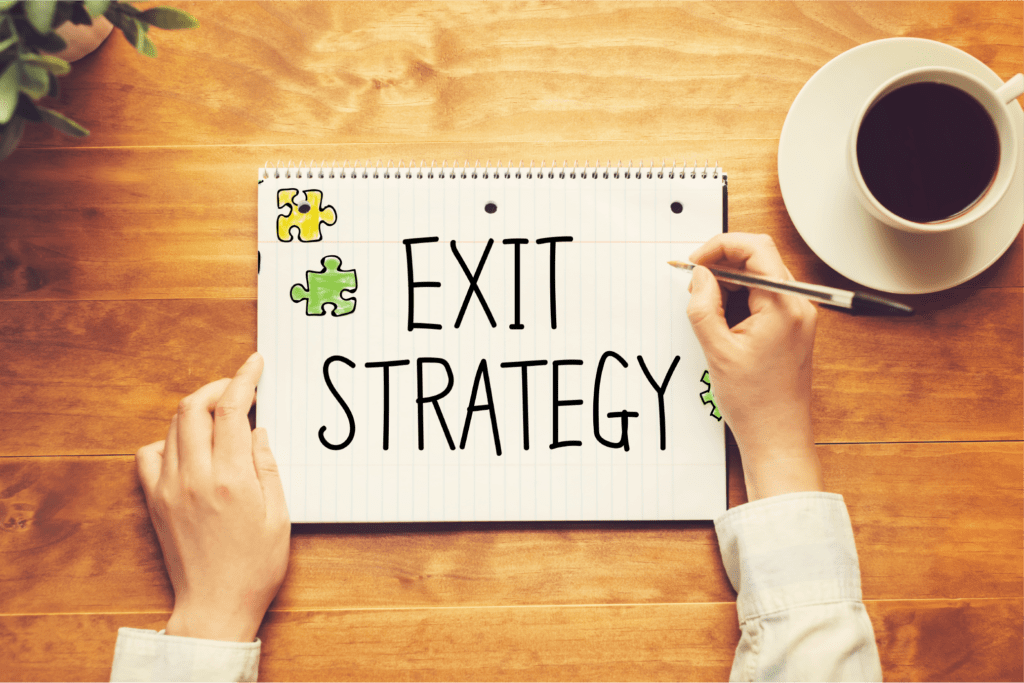
Leaving the business you have worked so hard to nurture is inevitable. To best preserve the value you have created, it is critical that you have a written strategy for you, your family, and your employees to help assure that when you are no longer in charge, everyone knows what will happen next and may still have large balances on their mortgages or even student loans.
That process should start with answering these questions:
Do you know…
… when you want to leave your business?
… who will take over your business when you do?
… how much your business is worth today?
… what amount of lump sum cash payment or annual cash flow you will need when you exit?
… if you are leveraging all the ways to maximize the income stream generated by your ownership interest?
… if your business is marketable to third parties?
… how to transfer your business to either family members, employees, or co-owners?
… how to minimize taxes on the transfer of your interest?
… what would happen to your business if you became ill, disabled or (worse case) died?
… whether your family would have the resources to live comfortably if you died before exiting the business?
… whether you would have the desire and the ability to buy out a partner who became disabled or died?
If you answered “no” to any of these questions you should meet with a financial advisor experienced in working with business owners. They can help you address your open issues with a customized strategic solution. The right advisor can also collaborate with your attorney to make sure you have the proper legal documentation in place. One such document is a buy-sell agreement, a legally binding contract that requires one party to sell and another party to buy a particular ownership interest in a business. It is designed to protect the business, the owners, and their families should certain events take place, such as the death, disability or departure of an owner or if an owner needs to liquidate a portion of their ownership due to divorce.
A buy-sell agreement spells out how much one business owner must pay the other’s estate, heirs, or the business itself or the method by which the value will be determined at the time of the triggering event. It may also detail the source of funding for any buyout that may take place and who is eligible for payment under the buy-sell agreement.
A buy-sell agreement can help avoid outcomes that could have a significant detrimental impact on the business including:
- Remaining owners or stockholder having to sell or dissolve the business
- The departing owner or his/her estate not receiving a fair price for their business interest
- Remaining owners finding themselves in business with a surviving spouse or children
Remember to factor in your estate plan
Your exit strategy can have a significant impact on your estate plan. This is especially true when ownership is being passed on to some, but not all, of your family members. An experienced Barnum advisor can identify a combination of financial vehicles and strategies to distribute non-business assets to help address any inequities. The goal is to have your exit plan and estate plan work together to keep the business viable and ensure family harmony.



